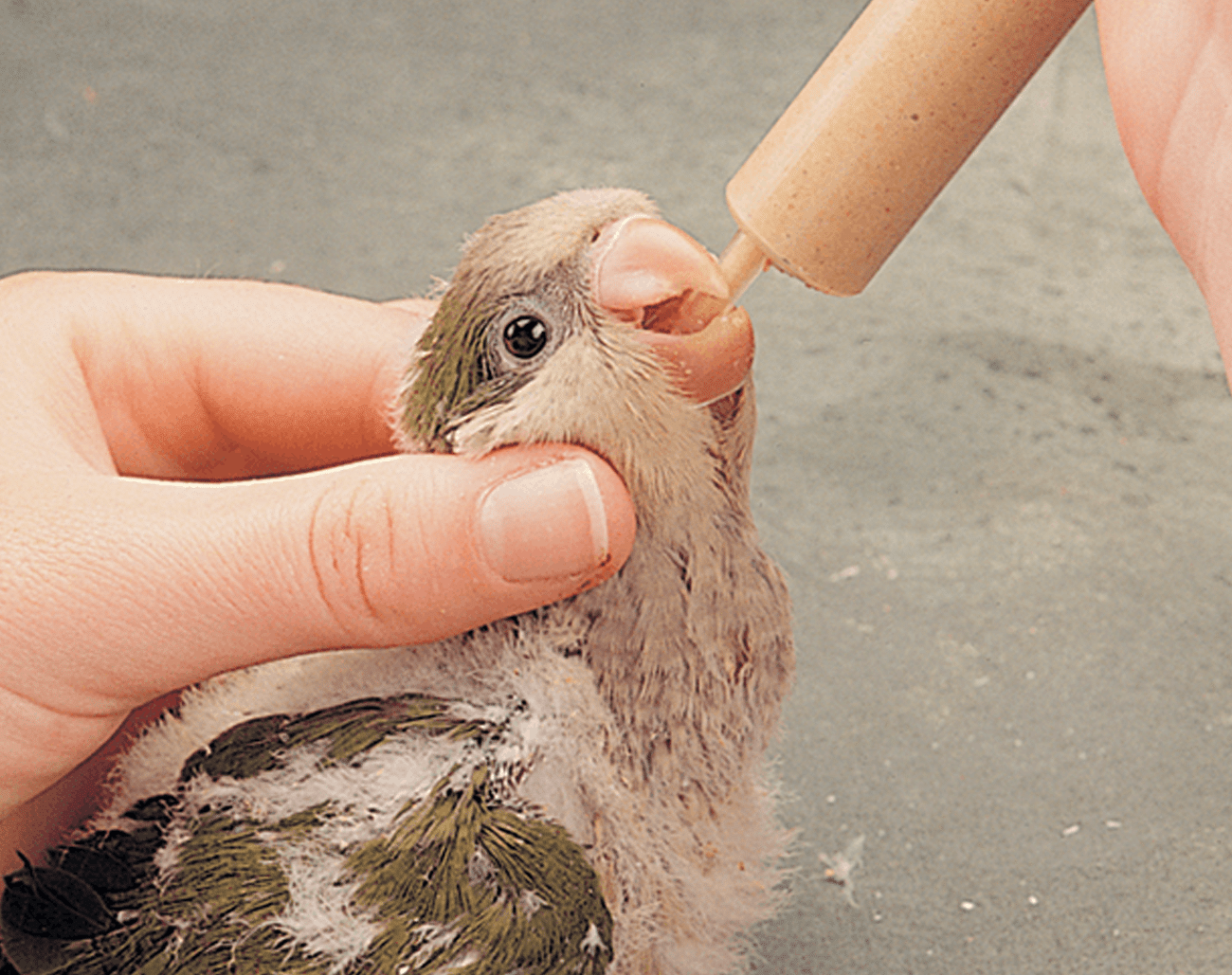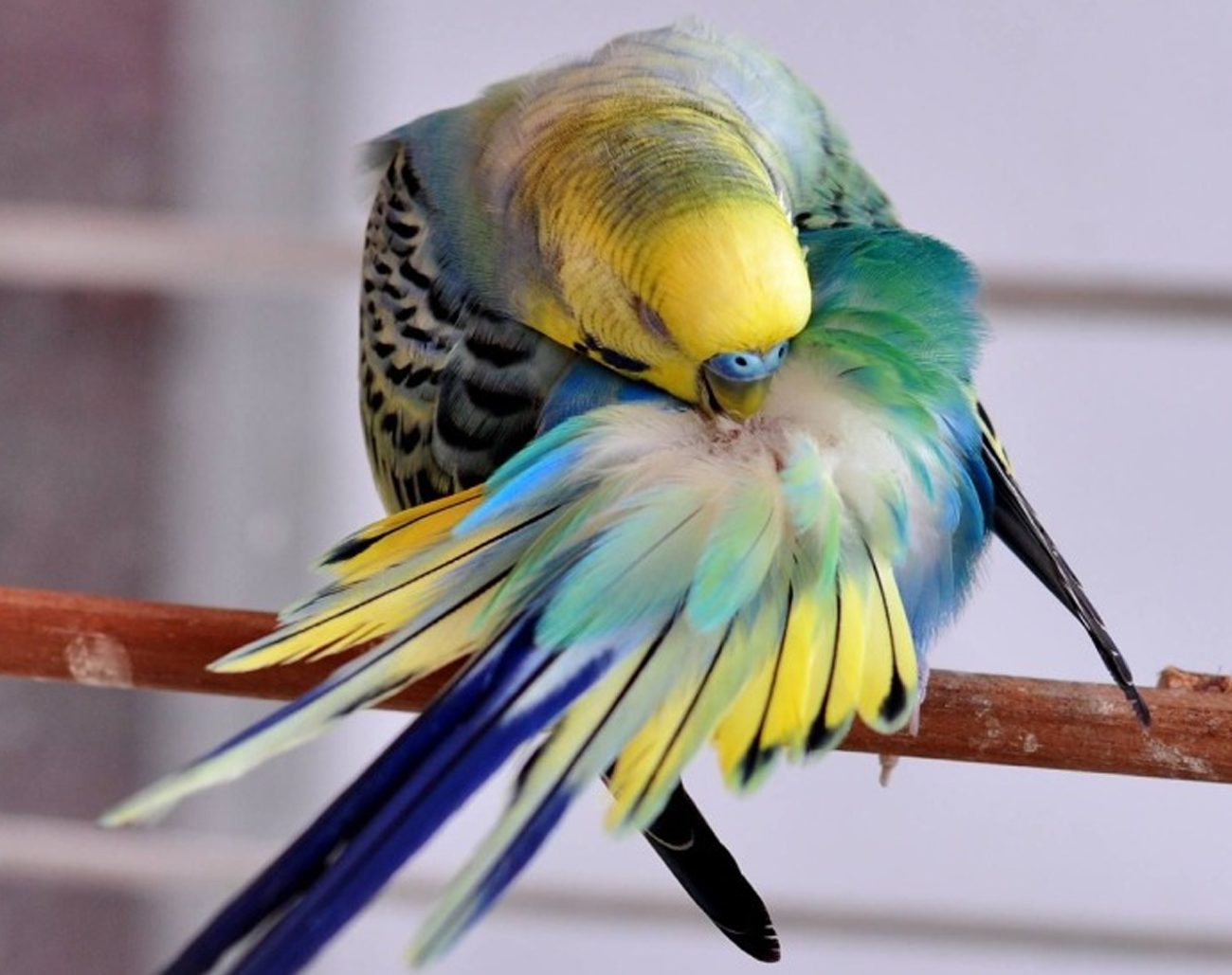Introduction
Understanding how often baby birds eat is crucial for their health and development. Proper feeding schedules ensure that baby birds receive the right amount of nutrition to grow strong and healthy. Here’s a comprehensive guide to feeding frequency for baby birds:
1. Age-Related Feeding Frequency
- Newly Hatched (0-3 Days): Baby birds need frequent feedings, typically every 2-3 hours, including during the night. This is crucial as their digestive systems are very small and they have high metabolic rates.
- 1-2 Weeks Old: At this stage, feedings are usually every 3-4 hours. The amount of formula may increase slightly as the bird’s stomach grows.
- 2-4 Weeks Old: Feedings can be spaced out to every 4-6 hours. Begin to introduce a variety of foods as the bird starts to transition from a liquid diet.
- 4-6 Weeks Old: By now, baby birds can be fed every 6-8 hours. They should start to eat solid foods and reduce the frequency of hand feedings.
2. Signs of Hunger
- Pawing or Peeping: Baby birds will often make peeping sounds or paw at their food source when hungry.
- Beak Opening: An open beak is a common sign that the baby bird is ready to eat.
3. Feeding Amounts
- Small Amounts: Feed small, manageable amounts of formula to prevent overfeeding and aspiration.
- Consistency: Ensure the formula is mixed to the right consistency for the bird’s age. It should be smooth and easy to digest.
4. Adjusting Feedings
- Growth and Development: As the bird grows, gradually reduce the frequency of feedings and increase the quantity of solid foods.
- Health Monitoring: Regularly check the baby bird’s weight and overall condition. Adjust feeding schedules if necessary based on growth and health.
5. Tips for Successful Feeding
- Clean Equipment: Always use clean and sterilized feeding tools to prevent infections.
- Proper Temperature: Ensure the feeding formula is at the correct temperature (body temperature) to avoid digestive issues.
Conclusion
Feeding baby birds requires careful attention to their age and developmental needs. By adhering to the proper feeding schedule and adjusting as they grow, you can ensure they receive the nutrition necessary for a healthy start in life. If you have any concerns about your baby bird’s feeding schedule or health, consult with an avian veterinarian for personalized advice.
Share this content:




